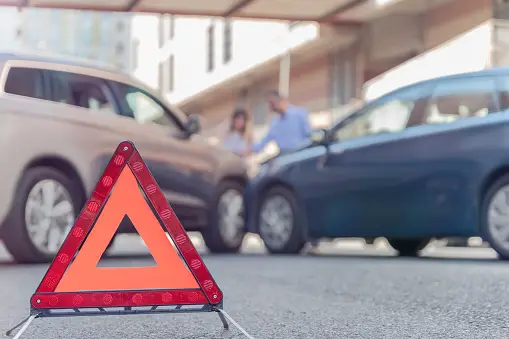February 9, 2024
What is the most important car insurance?
Determining the “most important” type of car insurance can vary depending on individual circumstances and preferences. However, in many places, liability insurance is often considered the most essential. Liability insurance typically covers damages to other people’s property and medical expenses for injuries if you’re at fault in an accident. It’s often required by law in many jurisdictions to have at least a minimum amount of liability coverage.
Other types of insurance, such as collision coverage (which pays for damage to your own vehicle in a crash) and comprehensive coverage (which covers damage from non-collision incidents like theft, vandalism, or natural disasters), are also important for protecting your own vehicle. Additionally, uninsured/underinsured motorist coverage can be crucial in case you’re involved in an accident with a driver who doesn’t have insurance or doesn’t have enough coverage to fully compensate you for damages.
Ultimately, the “most important” car insurance depends on your individual needs, legal requirements, and risk tolerance. It’s often wise to consult with insurance professionals to tailor your coverage to suit your specific situation.
Which type of insurance is best for car?
Determining the “best” type of car insurance depends on various factors including your individual needs, budget, and level of risk tolerance. Here are some common types of car insurance coverage to consider:
- Liability Insurance: This is typically the minimum coverage required by law in most states or countries. It covers damages and injuries to other people and their property if you’re at fault in an accident.
- Collision Coverage: This coverage pays for damage to your own vehicle in the event of a collision with another vehicle or object, regardless of fault.
- Comprehensive Coverage: Comprehensive insurance covers damage to your vehicle from non-collision incidents such as theft, vandalism, fire, or natural disasters.
- Uninsured/Underinsured Motorist Coverage: This type of insurance protects you if you’re involved in an accident with a driver who doesn’t have insurance or doesn’t have enough coverage to fully compensate you for damages.
- Personal Injury Protection (PIP) or Medical Payments Coverage: This coverage pays for medical expenses for you and your passengers in the event of an accident, regardless of fault.
- Gap Insurance: If you’re leasing or financing a car, gap insurance covers the difference between what you owe on the car and its actual cash value if it’s totaled in an accident.
The “best” type of insurance will depend on your specific circumstances, such as the value of your vehicle, your driving habits, where you live, and whether you have any assets to protect. It’s often a good idea to evaluate your needs with an insurance agent or broker who can help you customize a policy that provides adequate coverage at a price you can afford.

